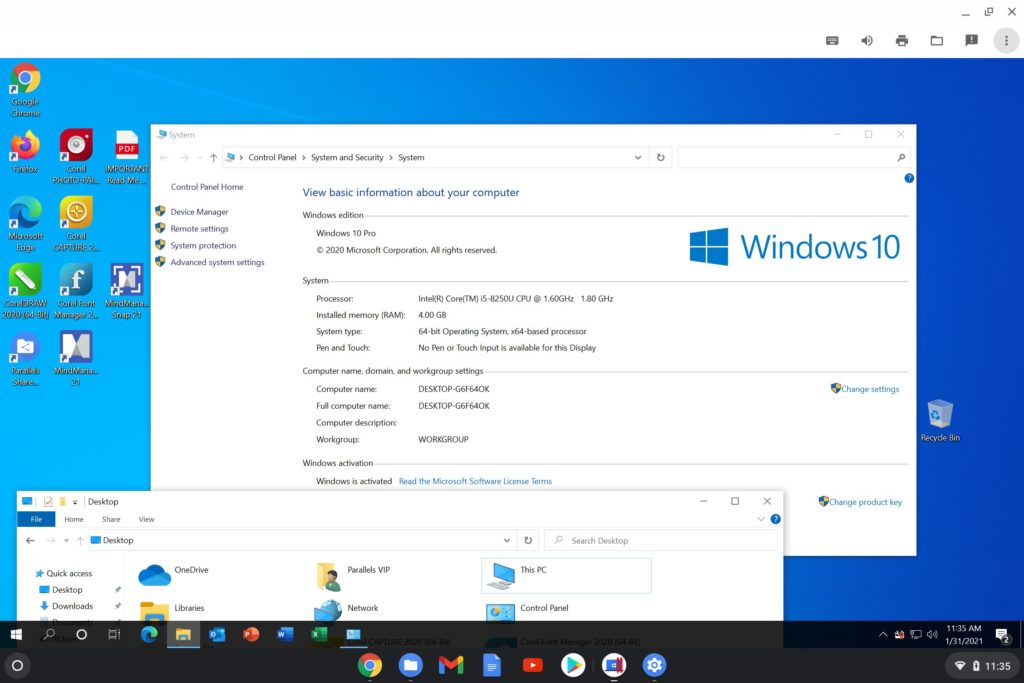Some news today from research firm IDC as reported by GeekWire confirms prior reports of Chromebooks outselling MacBooks in 2020: Chrome OS laptops earned an estimated 10.8% of market share compared to macOS laptops, which earned 7.5% of sales estimates IDC.
This is the first time I can remember Chrome OS taking more share than macOS over a one-year period. Ever. Although it has happened over a three-month timeframe in the past. But this growth was driven largely by huge laptop demand during the pandemic, which moved many students to remote learning.
So what happens when the world returns to “normal”?
I think the surge in Chromebook sales decelerates for sure, possibly even to a decline in sales that let Apple regain its place. But there are some reasons that Chromebooks could continue to see growth.
I touched upon a key one a few weeks ago when the first 2020 laptop sales estimates came out from Canalys:
So what happens when these students are working on school work at home with their new Chromebook. Some parents, who aren’t Chromebook users, get a first-person view of what a Chromebook can do.
That opens the door to that section of potential Chromebook buyers I mentioned previously: People that haven’t experienced Chrome OS and only know it through inaccurate takes like “it’s just a browser”.
This audience will see that a Chromebook is much more than that, complete with a file system, offline use, fast boot-ups, and seamless updates. They might even see some Android apps in use or the latest tablet mode interface, which is vastly improved since it first arrived.
This can only help raise awareness of what a Chromebook can, and can’t do. It can also dispel some of the long-held, inaccurate beliefs that Chrome OS is “just a browser”. How can “just a browser” get me through a college Computer Science program?
Granted there are some specific gaps that Chromebooks can’t yet feasibly fill: Video and image editing is a sore spot, for example. And while you can run full, native Linux apps on a Chromebook, some people still need certain PC apps. Then again, there’s a solution for that too: See my thoughts on using the new Parallels Desktop for Chrome Enterprise where I have Windows 10 seamlessly running on a Chromebook.

While a Chromebook isn’t the best solution for everyone’s computing needs, even if you’re not a fan, it’s hard to argue that Chrome OS of 2020 is the Chrome OS of 2010. I mean, just look at that first demo from 2009 to see how far the platform has come.
My thought is that Google must be happy with this recent sales trend because it comes at the perfect time, although the cause is a negative one.
Chrome OS has enabled so much more than just a browser at this point. Folks who simply couldn’t use a Chromebook even three years ago now have strong new reasons to consider one. Between Android apps (even if they aren’t optimized), to Linux support, and official Windows options, Chromebooks are now a jack-of-all-trades.
Yes, I know the thought around those: A jack of all trades is the master of none. In the case of Chromebooks though, I’d say they are the master of one thing: Great browsing machines for the web services that the computing world is slowly marching towards.
Update, 9:52am to reflect Chromebooks have outsold Macs previously over a quarter.

